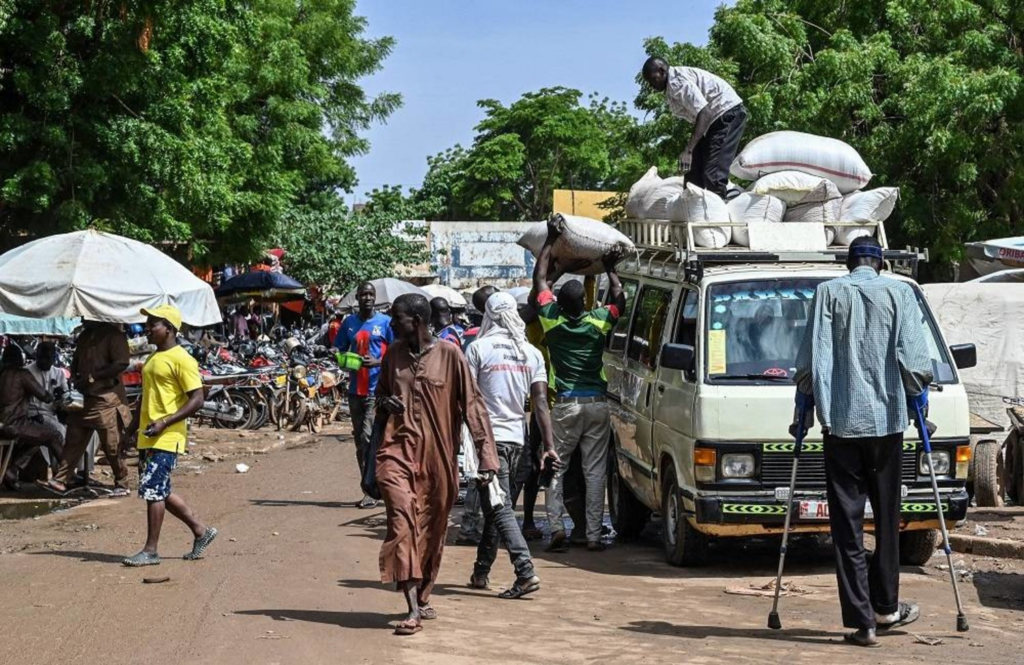Le terrorisme en Afrique : l’arme actuelle de l’OTAN pour attaquer la Russie

Il existe un continuum d’événements depuis l’intervention russe en Syrie et le coup d’État en Ukraine, qui culmine avec le détournement actuel des armes de l’OTAN vers les terroristes en Afrique.
En 2014, suite aux politiques de dé-russification mises en place par le Maïdan, une guerre civile a éclaté dans ce qui était alors l’est de l’Ukraine – qui fait aujourd’hui partie de la Fédération de Russie – aboutissant à la séparation de Donetsk et de Lougansk. Dans ce conflit civil, plusieurs militants salafistes de l’État islamique se sont alliés aux forces ukrainiennes, comme l’ont rapporté les services de renseignement russes et comme l’ont admis les agences de presse occidentales et les autorités européennes.









